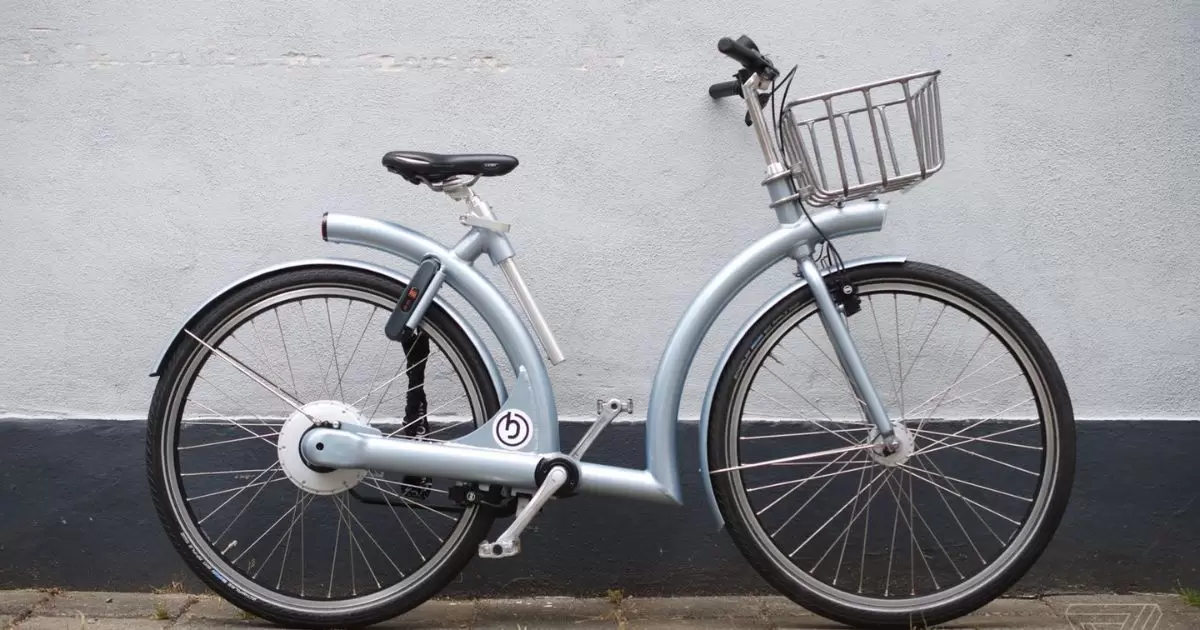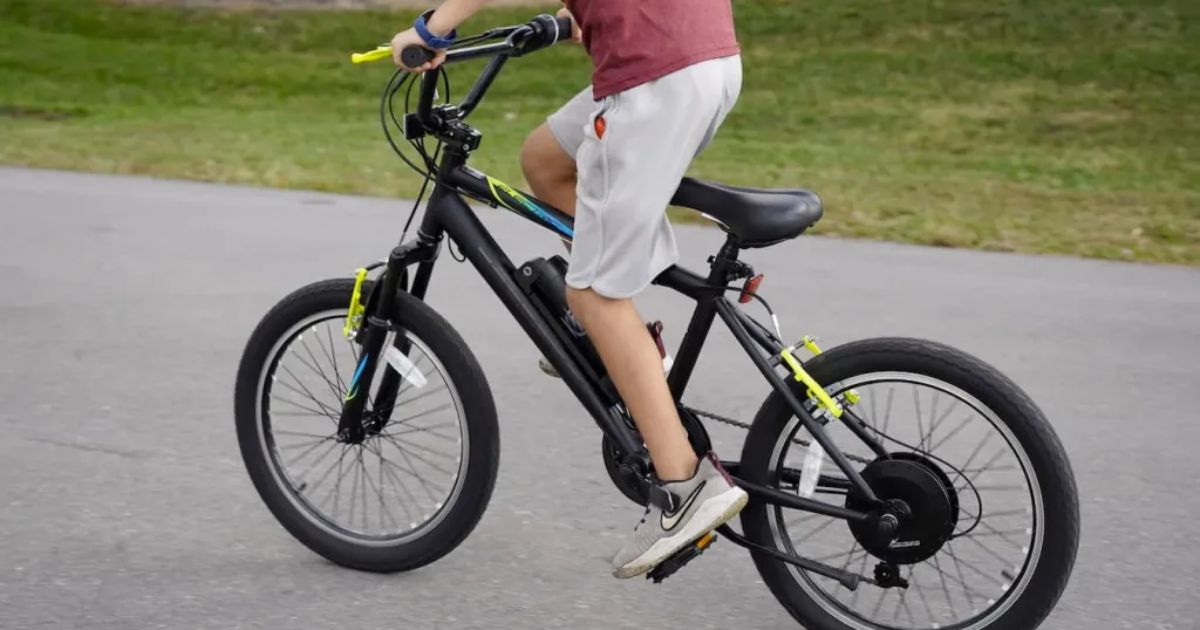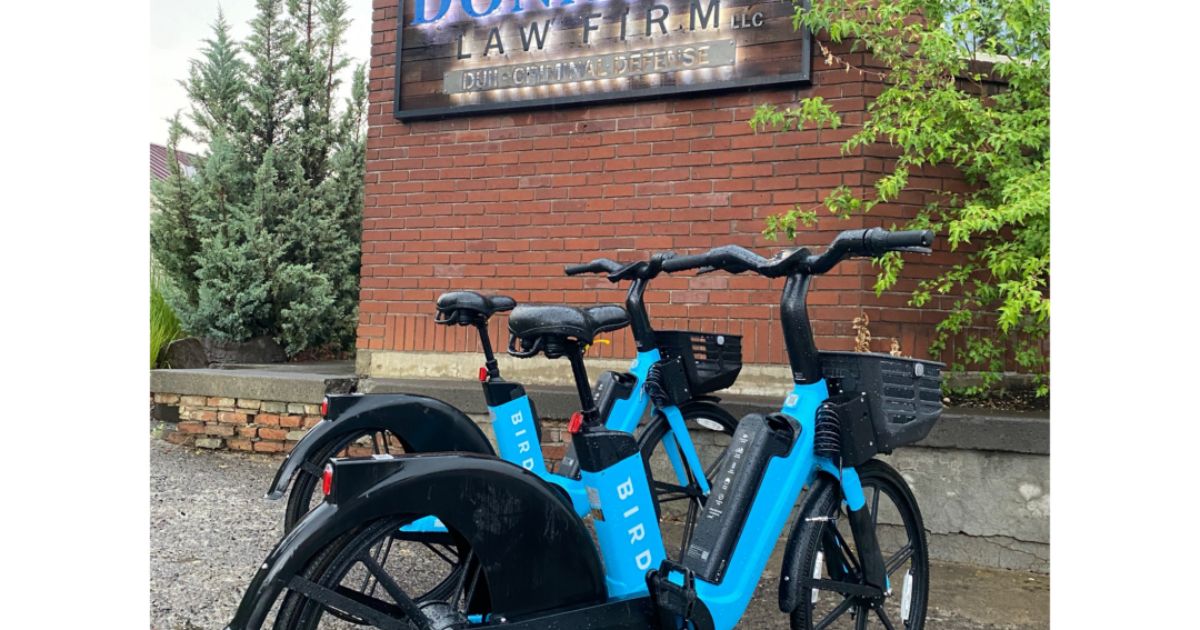A License for an Electric Bike refers to a legal authorization or permit granted by relevant authorities that allows an individual to operate an electric bicycle on public roads or in designated areas.
The licensing process for electric bikes is often less stringent than that for traditional motorcycles or cars, reflecting the lower speeds and environmental impact of electric bikes. Many jurisdictions view electric bikes as a sustainable alternative for short-distance commuting, promoting their use to reduce traffic congestion and emissions.
It can also make it easier for riders to access certain areas or facilities that may have specific regulations in place. It is advisable for electric bike owners to check and comply with local licensing requirements to enjoy a hassle-free and responsible riding experience. Obtaining a license for an electric bike is a simple yet important step towards fostering a safer and more sustainable transportation environment.
Do Ebikes Require A License?
Electric bikes do not typically require a license to ride. In many places, ebikes are considered similar to traditional bicycles, and riders don’t need a special permit. Regulations can vary depending on your location, so it’s essential to check your local laws. If the ebike meets certain criteria, such as having a maximum power output and a limited top speed, it is often treated like a regular bicycle.
It’s crucial to be aware that regulations may change, and some places might have specific rules for certain types of ebikes. Always check with your local authorities or transportation department to ensure you are following the correct guidelines. Even if a license isn’t required, it’s essential to ride your ebike responsibly and be aware of traffic rules to ensure safety for yourself and others on the road.
Why Don’t Most States Require Licenses?

Most states don’t require licenses for electric bikes because they view them as similar to traditional bicycles. Electric bikes are considered a form of active transportation that promotes eco-friendly commuting and physical activity. Since they typically have a limited speed and are powered by a combination of pedaling and an electric motor, they are seen as low-risk and in line with the nature of regular cycling.
DIFFERENT STATES DIFFERENT LAWS
- In the United States, each state has its own set of laws. These laws can differ significantly from one state to another.
- Traffic laws vary across states. In one state, the speed limit may be higher or lower than in another. Understanding and following these laws are crucial for drivers.
- States have different regulations regarding the legal drinking age. While it’s 21 in most states, some allow exceptions under specific circumstances.
- Family law, including marriage and divorce regulations. The requirements and processes can vary, affecting individuals residing in different states.
- Even criminal laws vary. Offenses and penalties may differ, and what is considered a crime in one state might not be the same in another.
- It’s essential to be aware of these differences, especially if you move or travel between states. Staying informed about the laws in your current location helps ensure you comply with local regulations.
WHAT DEFINES AN ELECTRIC BICYCLE IN THE USA?

In the USA, an electric bicycleis defined by its electric motor that assists the rider. These bikes have pedals for manual propulsion, but the motor provides additional power when needed. The maximum power output of the motor is typically limited, and the bike must not be capable of speeds higher than 20 miles per hour on level ground.
To be considered an electric bicycle, it must have operable pedals and meet certain criteria outlined by federal law. E-bikes are classified into three classes based on their speed capabilities and the level of assistance provided by the motor. These clear distinctions help regulate and define the use of electric bicycles, ensuring they align with specific guidelines for safety and functionality in the United States.
How Should I Know If An E-Bike Requires Licensing?
Determining if an e-bike requires licensing is essential for riders. In many places, e-bikes with lower power levels, usually up to 20 mph, may not need a license. It’s crucial to check local regulations because rules vary. Look for information from your city or state’s transportation department to find out if your e-bike requires licensing. Always prioritize safety and legal compliance when enjoying your e-bike to ensure a smooth and worry-free ride.
HELMET REQUIREMENTS
Wearing a helmet is often a legal requirement when riding a bike or e-bike. Helmets help protect your head in case of accidents. Check local laws to know if helmets are mandatory and what specific requirements they should meet. Make sure your helmet fits securely and is in good condition to ensure maximum safety. It’s a simple but crucial step to keep yourself safe while enjoying your ride.
Frequently Asked Questions
Do I need a license to ride an electric bike?
In most places, you don’t need a license for electric bikes that meet certain criteria, such as limited speed and motor power.
What determines whether I need a license for my electric bike?
Licensing requirements vary by jurisdiction. Generally, if your electric bike has a motor with limited power and assists only when you pedal, it may be classified as an e-bike and not require a license.
Are there age restrictions for riding an electric bike without a license?
Age requirements also differ by location. In many places, you can ride an electric bike without a license as long as you meet the minimum age requirement, often around 16 years old.
Can I ride an electric bike on bike paths and in parks without a license?
Regulations regarding where you can ride your electric bike without a license vary. In many places, e-bikes are allowed on bike paths and in parks, but it’s essential to check local rules as they can differ.
What happens if my electric bike doesn’t meet the criteria for license exemption?
If your electric bike exceeds the specified power or speed limits, it might be classified differently, and you may need a license. Always check local regulations to ensure compliance and avoid potential legal issues.
Final Thoughts
Obtaining a license for an electric bike depends on various factors, such as the jurisdiction and the specific regulations in place. While some places may require a license for certain types of electric bikes, others may not have such a requirement.
It is crucial for individuals to research and understand the local laws governing electric bikes in their area to ensure compliance and a hassle-free riding experience. Whether or not you need a license for an electric bike is a question best answered by consulting local authorities and staying informed about the specific regulations that apply to e-bikes in your region.

I’m passionate electric scooter enthusiast and the voice behind this blog. I’m here to share my expertise and insights with you. From in-depth reviews to problem-solving guides, my goal is to help you make the most of your electric scooter experience.








![Gomyfinance.com Invest: I Made $5,000 in My First Month [Real Results 2025]](https://electopolo.com/wp-content/uploads/2025/05/Gomyfinance.com-Invest-I-Made-5000-in-My-First-Month-Real-Results-2025-150x150.jpg)


